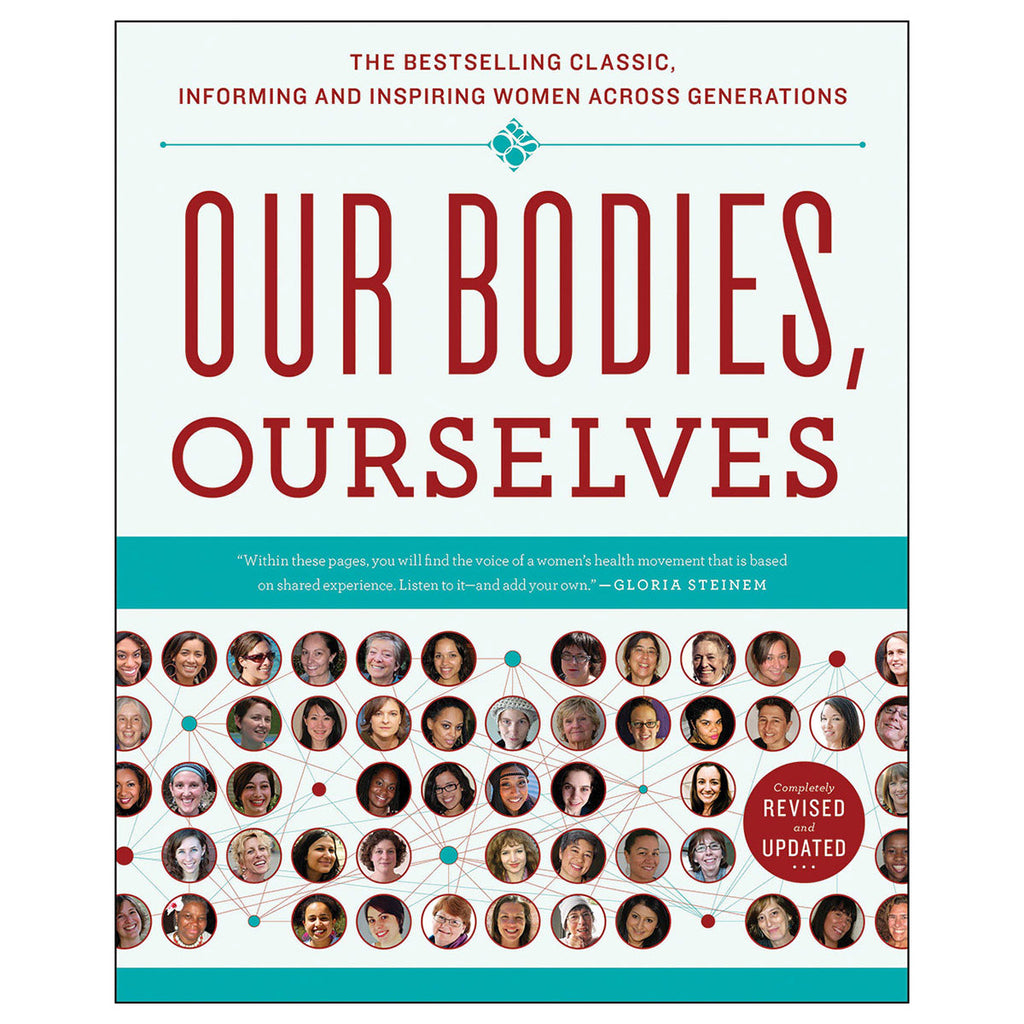No Products in the Cart

According to the authors, some of them among the original contributors, knowledge is power, but women will make little change in the medical and health-care industries unless they join forces with other women at home and around the world. Like its predecessor, this volume is wide in scope (but lacking in depth), and has a profoundly feminist perspective as it emphasizes sexual health, reproductive rights, community-based organization and the political, economic and social conditions that limit women's access to quality health care. Much of the new information details recent health research on women's needs and inequities in medical care for men and women, and reflects the experiences of different ethnicities, sexual preferences and economic backgrounds. Women are the primary consumers of health care in the U.S., but, the authors say, they are grossly underserved. In addition, the medical community has viewed many life-stage conditions' pregnancy, premenstrual syndrome, menopause -- as illnesses rather than natural processes that require teams of supportive practitioners. The book's rousing political orientation may motivate readers to access the numerous resources listed or the companion OBOS Web site. More than a book, OBOS is a health movement and deserves a place on every woman's bookshelf.
